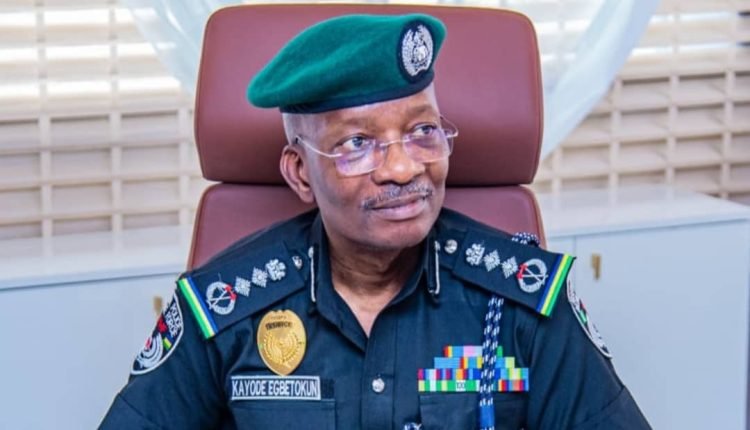The Nigeria Police Force has clarified its reasons for requesting details of the organizers for the proposed nationwide protests. Inspector-General of Police Kayode Egbetokun, on Friday, directed the protest organizers to submit their details, proposed routes, and assembly points to the Commissioners of Police in their respective states.
However, this directive was met with resistance from the organizers, who accused the IG of attempting to rewrite the constitution. Activist Deji Adeyanju argued that the constitution does not impose conditions for protests and questioned the IG’s authority in making such demands.
“When the constitution conferred the right to protest on citizens, did it impose any conditions? Is the IG trying to rewrite the Constitution? He has no such powers. The constitution and other laws do not give the IG the power to dictate how citizens should protest,” Adeyanju stated.
In response, the Force’s spokesperson, Olumuyiwa Adejobi, issued a statement on Sunday, explaining that the IG’s request is a standard procedure aimed at facilitating effective communication, ensuring the safety of all participants, and preventing unlawful activities.
“The Nigeria Police Force addresses the accusations made by activist Deji Adeyanju and others, alleging that the IGP is attempting to rewrite the constitution by requesting details of the organizers and leaders of the planned protests. It is essential to know who is planning the assembly in each state, as allowing faceless groups to operate unchecked could jeopardize the peace and stability of the country, leading to pains, sorrows, and tears, as experienced during the 2020 EndSARS protests,” Adejobi explained.
He added, “Requesting the details of protest organizers, their leaders, and the schedules of their protests, including location, period, and routes, is a standard procedure to facilitate effective communication, ensure the safety of all participants, and prevent any unlawful activities.”
Adejobi emphasized that the IGP respects the constitutional right of every citizen to freedom of association and expression but also holds the responsibility to ensure that protests do not pose a threat to national security.
“In the interest of defense, public safety, public order, public morality, or public health, and to protect the rights and freedom of others as enshrined in Section 45 (1) of the 1999 Constitution, this request by the IGP is not out of place,” he stated.
Adejobi urged Adeyanju and other organizers not to mislead Nigerians and called on them to work together to uphold the security and well-being of the nation.

